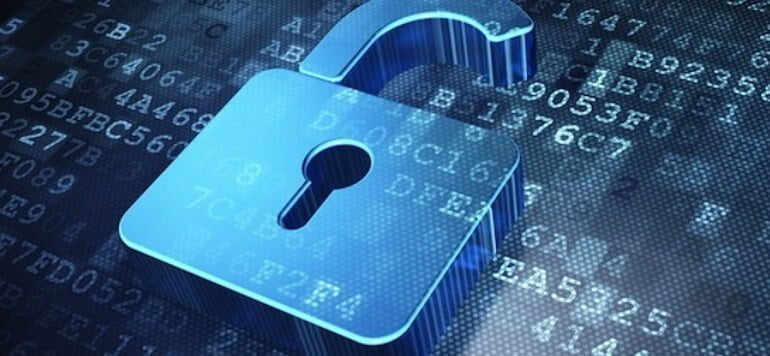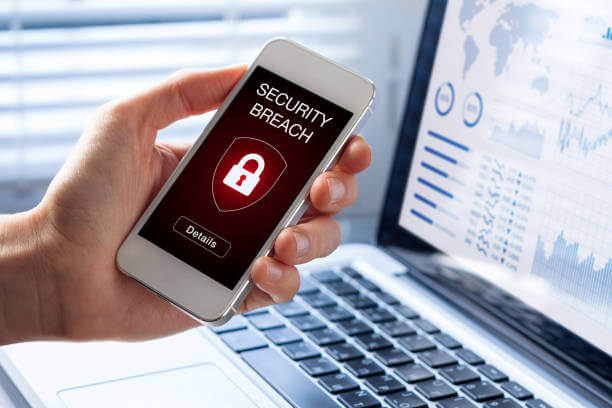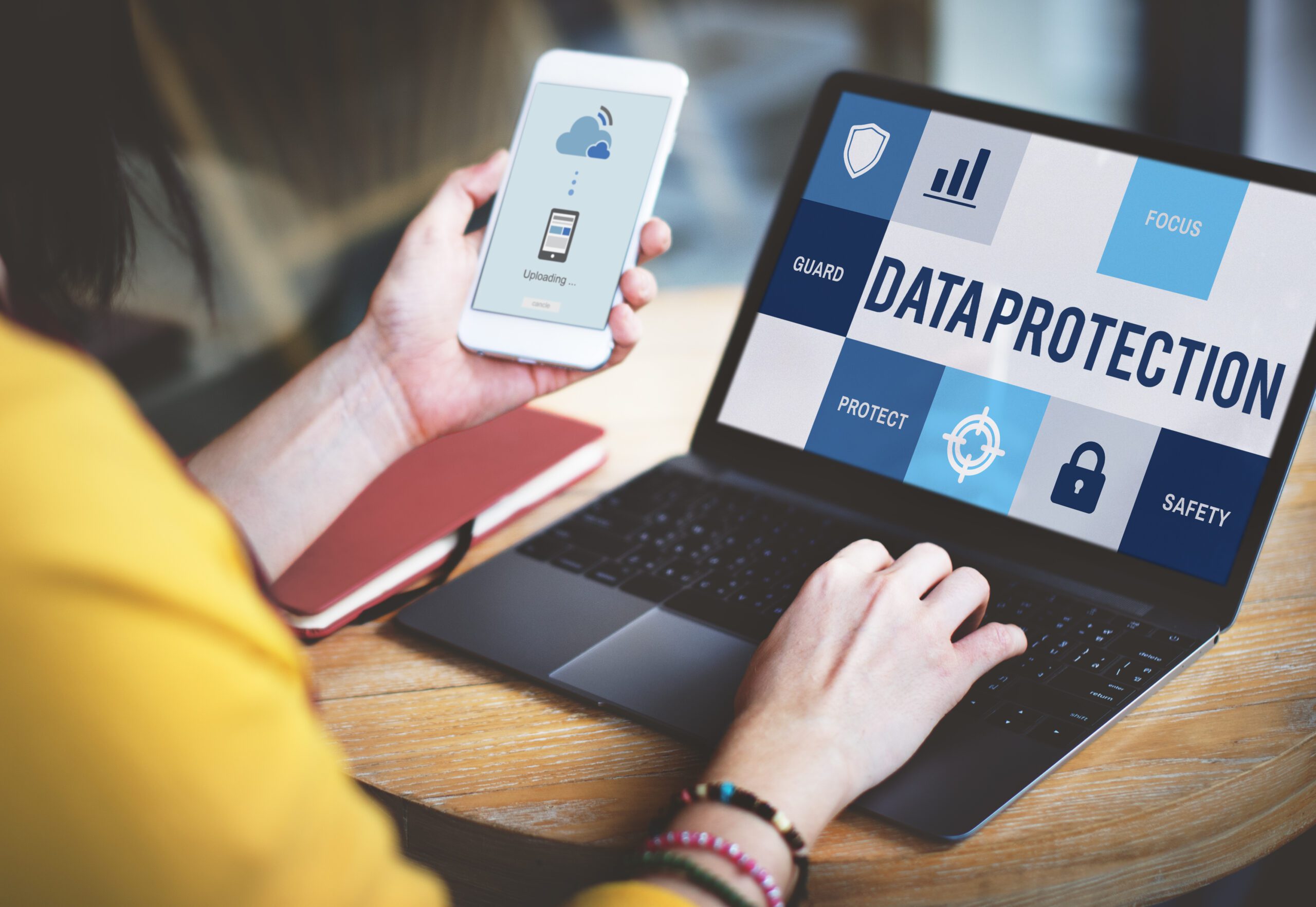Data breach
Data Breach: Protect Yourself Against the Growing Risks of Cyberattacks
In an increasingly digital world, the data breach Data breaches have become a major concern for individuals and businesses. Cyberattacks are on the rise, jeopardizing the confidentiality of sensitive information. To avoid the disastrous consequences of such a breach, it is essential to understand the associated risks and implement effective security measures. This article explores the various aspects of data breaches and offers practical tips to protect against these insidious attacks.
Understanding Data Breach:
There data breach A breach occurs when an unauthorized person accesses, uses, or discloses confidential information. Hackers use a variety of methods, such as hacking, phishing, and malware, to break into computer systems and steal data. The consequences can be disastrous, ranging from financial loss to a damaged company's reputation.
The consequences of a data breach:
A data breach can lead to a multitude of negative consequences. Individuals can suffer identity theft, account takeover, or financial fraud. Businesses, meanwhile, risk significant financial losses, legal disputes, reduced customer trust, and reputational damage. Compliance with data protection regulations, such as the GDPR (General Data Protection Regulation) in Europe, is also a crucial issue.

Prevention and protection measures:
There are several essential measures to protect yourself against data breachesFirst, it's important to implement robust security policies, including strong passwords, firewalls, and regularly updated antivirus software. Raising employee awareness of IT security is also essential, with regular training on data protection best practices.
Data encryption and backup:
Data encryption is an effective security method that involves transforming information into an unreadable format without a decryption key. It is essential to encrypt sensitive data, such as personal customer information or financial data. At the same time, regular data backup is essential to avoid losing important information in the event of a data breach. breach.

Data Breach Monitoring and Detection:
Proactive monitoring of suspicious activity can help detect data breaches early. Implementing intrusion detection and event log monitoring systems can help identify abnormal behavior and take immediate action to minimize potential damage.
Response and Notification in Case of Breach:
In the event of a data breach, it is crucial to have an appropriate response plan in place. This includes isolating the affected system, identifying compromised data, restoring backups, and working with the appropriate authorities. Additionally, it is imperative to promptly notify those affected by the breach so they can take steps to protect themselves, such as changing passwords or monitoring their accounts.
Importance of a culture of data security:
To effectively prevent data breaches, it is essential to cultivate a culture of data security within the organization. This involves regularly raising employee awareness of the importance of data protection, training them on cybersecurity best practices, and implementing rigorous internal procedures to ensure the security of sensitive information.
Data breaches pose a growing threat in our digital society. It is essential to take preventative measures to protect our sensitive information from cyberattacks. By implementing strong security policies, raising employee awareness, and using safeguards such as data encryption and regular backups, we can reduce the risks and mitigate the consequences of a data breach. By cultivating a culture of data security, we are better prepared to address these threats and protect our privacy and confidentiality in today's digital environment.

